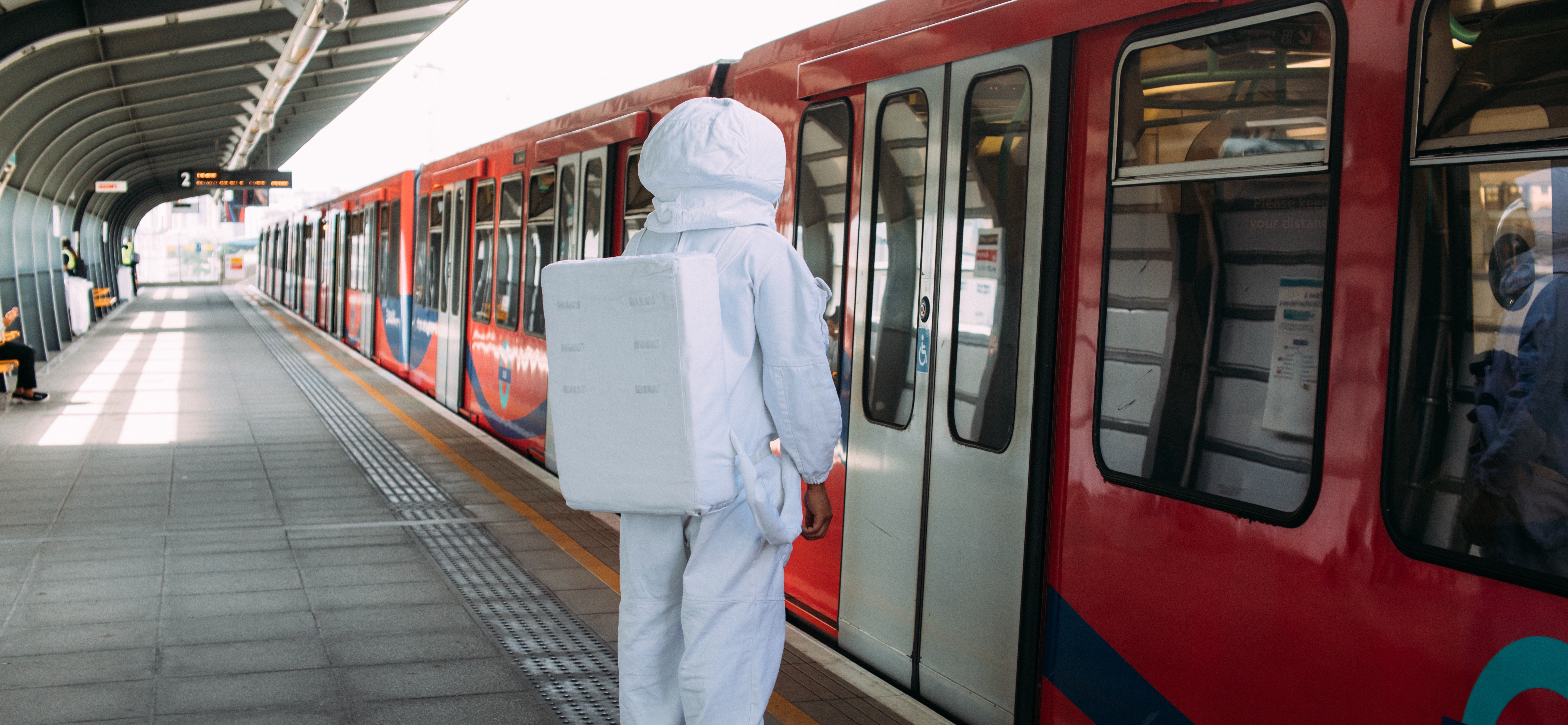Good enough is not good enough. The Good Enough fallacy is an example of, what I call, The Causality Inversion fallacy applied against the Pareto principle. The Causality Inversion fallacy is where an actor, desiring a certain outcome, misattributes correlation for causality and actively applies the correlative condition, thinking that it is causal to the desired outcome. An common…
I heard recently about the low efficacy rates of the vaccines made in China. In the sources where I heard this news, it was framed in a way to suggest that it was obvious that Chinese made vaccines would be substandard. As someone who wanted to verify the veracity of the statements, it was really hard to find any objective…
Mary’s Room(wiki, TEDEd video) is a philosophical thought experiment proposed by Frank Jackson. The experiment is summarized as: Mary, a scientist who exists in a black and white world where she has extensive access to physical descriptions of color, but no actual human perceptual experience of color. The central question of the thought experiment is whether Mary will gain new…

We all know the trolley problem. It goes: There is a runaway trolley barreling down the railway tracks. Ahead, on the tracks, there are five people tied up and unable to move. The trolley is headed straight for them. You are standing some distance off in the train yard, next to a lever. If you pull this lever, the trolley…
To have an opinion seems so natural that it becomes easy to believe that it’s an inalienable right of being human. However, we have other instinctive traits that, as a collective, agreed should be either illegal or socially shunned; therefore, the argument of naturality or instinctiveness is not a valid argument, thus having opinions should not be immune from the…

I have a (hopefully) great example that highlights the disconnect between those who feel like we should have reacted sooner and those who don’t. I think it’s a matter of perception of time. In our research into explaining what makes humans sentient, we discovered that the ability to plan for the future is a key factor in contributing to sentience.

